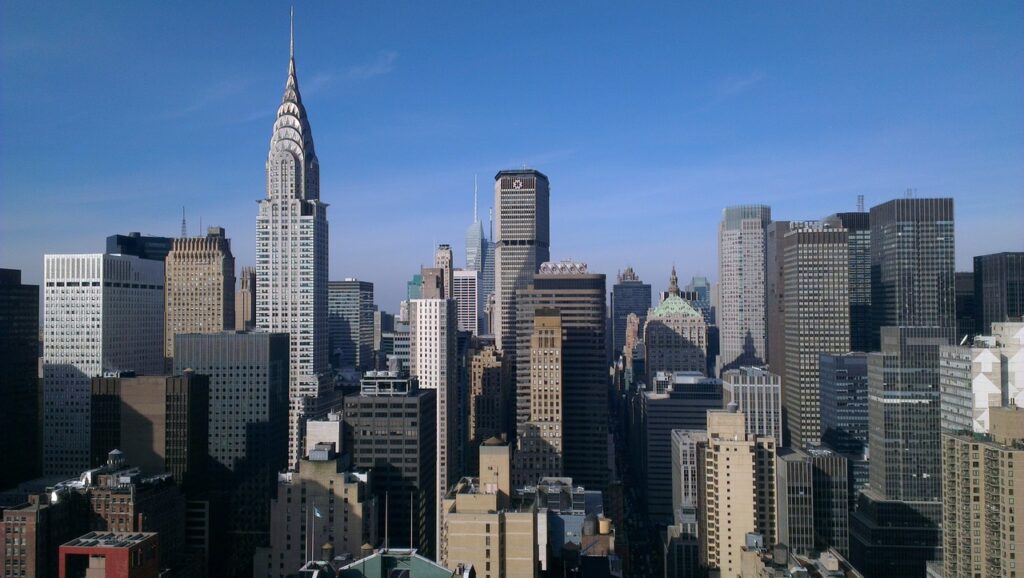
New York City’s near ban on Airbnb — and other short-term rentals platforms — in 2023 produced some of its desired results, but failed in other ways, and led to unintended consequences.
Our look back one year later on the implementation of the Local Law 18 host registration measure was arguably our most important story about the short-term rental sector in 2024.
Why? Because it is a test case of how tough bans on short-term rentals may play out, albeit with variations, in cities around the world, from Barcelona to Berlin.
What Local Law 18 Requires
The law prohibited many owners and hosts from renting out their properties for fewer than 30 days unless they were present during the rental period. They could not have locks on bedroom doors, and the law allowed only two adults guests plus their children. Hosts offering stays of 30 days or longer weren’t required to register with the city.
Landlords could also add their apartments to the city’s Prohibited Buildings List, which barred all short-term rental stays in these properties.
Platforms like Airbnb, which had the vast majority of listings in the city, were required to ensure that there were host registrations for the listings they showed, and were subject to penalties if there weren’t.
Takeaways From the Airbnb Near-Ban
The following are some takeaways we found in September, one year after the registration law went into effect:
- The Office of Special Enforcement stated that the number of illegal rentals — and quasi hotels masquerading as short-term rentals — was greatly reduced.
- Without question, some neighborhoods and apartment buildings benefited from diminished disruptions that transient guests often bring with them.
- Comparing the first six months of 2024 to the same period a year earlier, New York City hotels achieved the highest revenue per available room increase among the top 25 hotel markets in the country, according to hotel analytics firm CoStar. It was up 10.1% in NYC, versus just 2.5% in the other 24 top markets and 1.4% in the U.S.
- Airbnb’s short-term rental listings decreased 83% year over year in July 2024, but its overall listings, including for stays of 30 days or longer, dropped just 24%. Rather than convert banned short-term rentals to long-term rentals, many hosts switched to stays of 30 days or longer.
- There was no rise in the availability of affordable housing as many hosts barred from short-term rentals converted their listings to stays of 30 days or longer.
- Rents continued to climb, although in the summer of 2024 their increases slowed. The median rent for a one-bedroom apartment in New York City rose to $4,500 per month.
- Business and tourism in the outer boroughs — the Bronx, Brooklyn, Queens and Staten Island — suffered. Some sections of these boroughs saw their listings drop 90%, according to AirDNA.
- Owners of one- and two-family homes, who previously made units available for stays fewer than 30 days when they weren’t present during the rental, were shut out of the market, and many saw drastic falloffs in revenue.
- A loophole emerged where condo owners in Class B buildings could keep offering their units as short-term rentals for stays of fewer than 30 days without the host having to be present or any limitation on the number of guests.
- A black market emerged for short-term rentals in the city, leaving guests with few protections against fraud, misrepresentations or poor service.
There is no direct causation between a clampdown on short-term rentals in the city and some of the takeaways above. For example, affordable housing doesn’t magically spring to life when you remove short-term rentals, although in theory it might contribute to having more housing availability.
And the hotel industry’s boom in revenue per available room also benefitted from the city taking a chunk of hotel inventory and dedicating it to housing for migrants.
What’s Next?
In November, several city council members introduced a bill, No. 1107, which would extend short-term rental hosting in a variety of ways to owners of one- and two-family homes. They are currently prohibited from offering up their properties for fewer than 30 days unless they are present during the stay.
There are indications that the New York City hotel industry will fight the bill.
Meanwhile, regulators and affordable housing advocates around the world will undoubtably study the impact of Local Law 18, and other short-term rental restrictions elsewhere, to fine-tune their initiatives.
